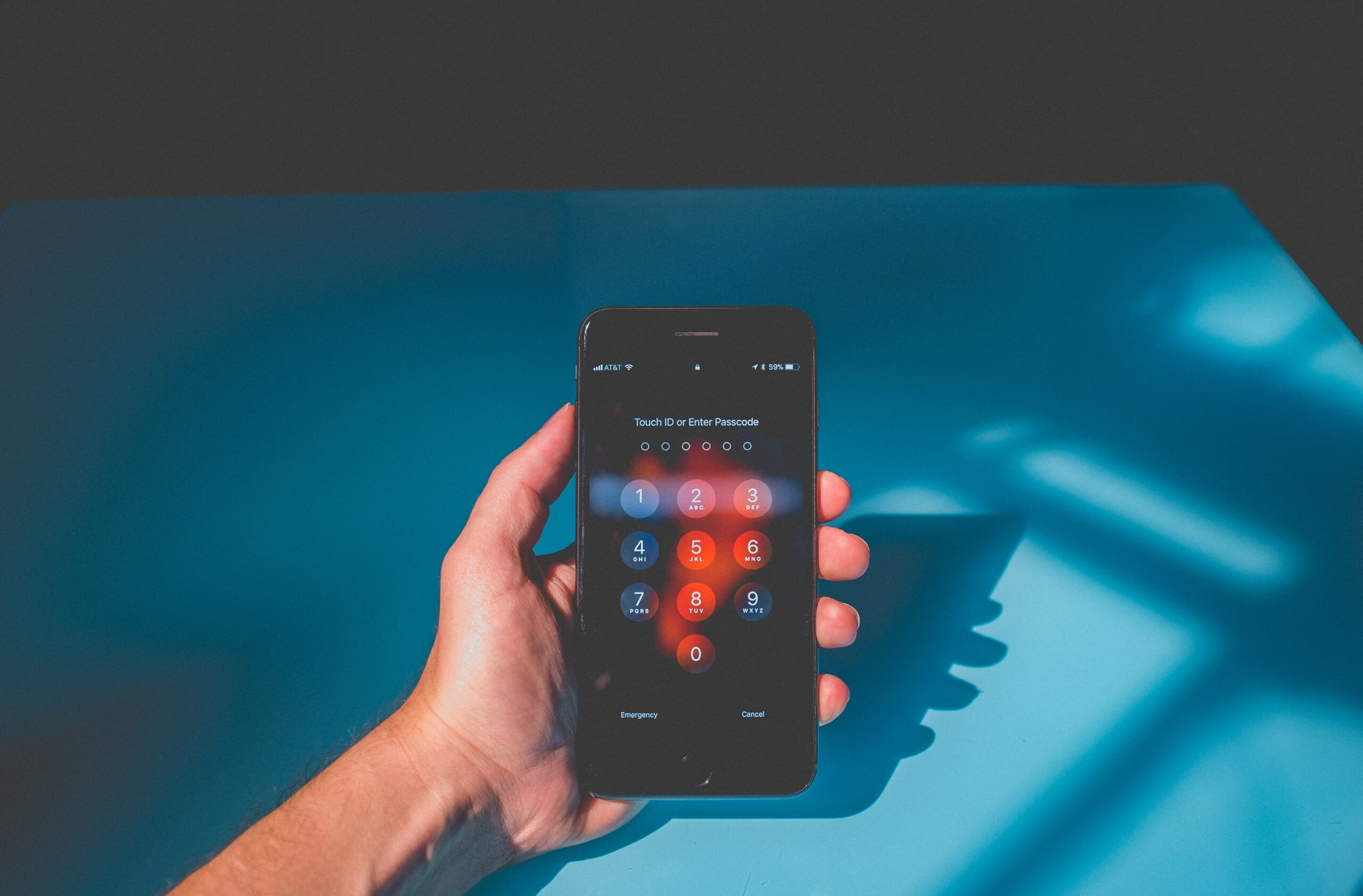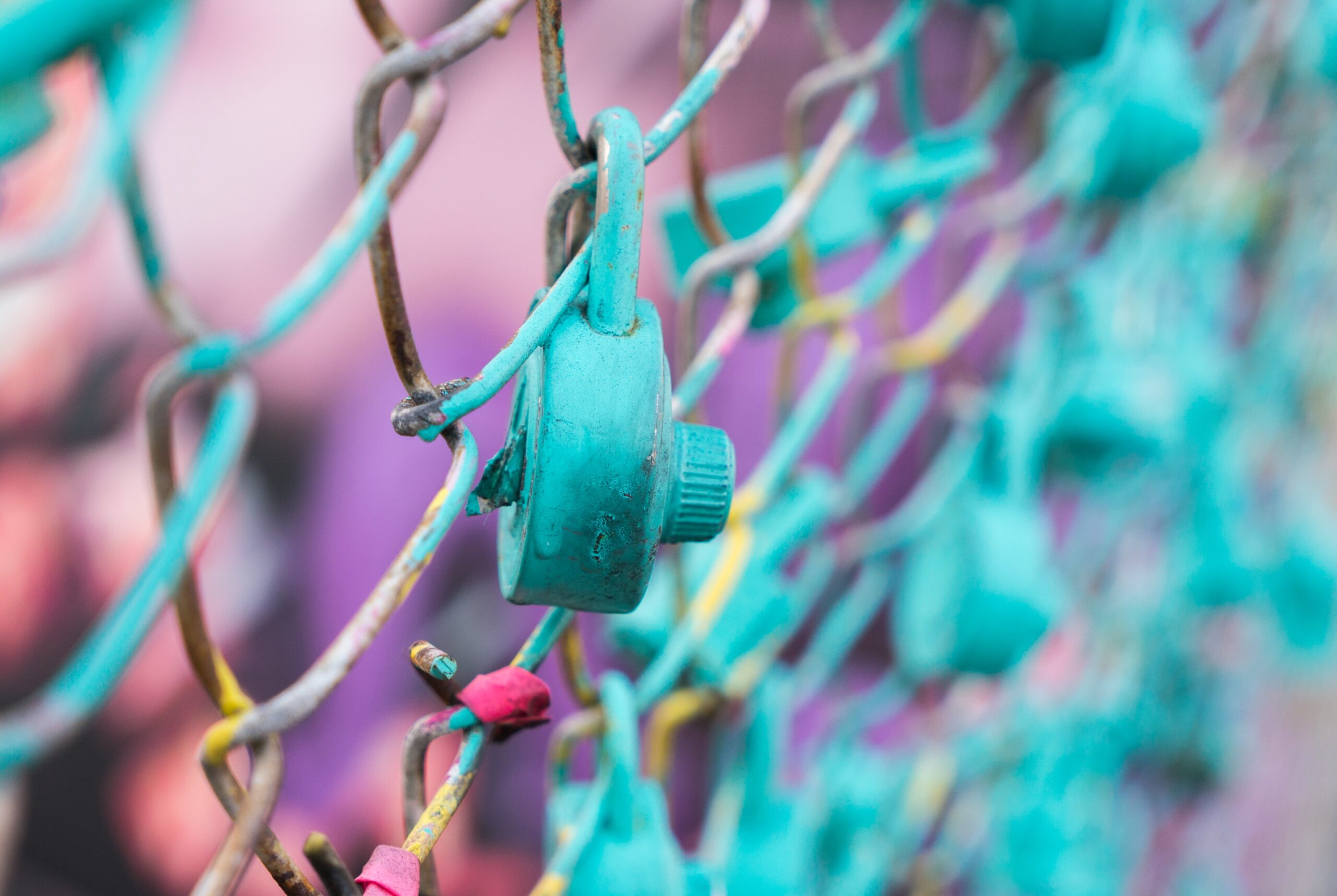
If your password is "123456" you must read this post
Globally, over 1.2 billion children are out of the classroom. As a result, education has changed dramatically, with the distinctive rise of e-learning, whereby teaching is undertaken remotely and on digital platforms.
With the explosion of distance and blended learning, online safety is becoming increasingly important. Our students are more engaged online than they’ve ever been and can be exposed to risks. The use of smart devices is increasing and the range of social media and platforms they are connecting to is expanding. One of the most challenging aspects of our modern digital lives is managing all the online accounts most of us now have.
Being safe and secure online has to be learnt and taught. It is extremely important to enhance cybersecurity in educational contexts, so to create safe environments for our students. To do that, we must follow two golden rules:
1. Don’t share your password with anyone
2. Always use cryptic passwords that can’t be easily guessed.
Regarding the second one, we are sure you would find the annual Nordpass report interesting and funny reading. In the last year they collected all data leaks of passwords on the internet in 2020 analysing how many times a password has been exposed, used, and how much time it would take to crack it.
“123456” is an evergreen that continues giving us great satisfaction. It is followed by “123456789” and “picture1”. The password “password” (LOL) is in fourth position.
In the first positions, you can find a big group of optimists selecting passwords such as “iloveyou” or “sunshine”, but also many athletes with “football” or “baseball”.
You can find the complete list here.

Let’s see now some simple rules to building good passwords:
1. Longer is better: your password should have more than eight characters and be a phrase. It could also be nonsense like mygardenhas9flowers.
2. Mix letters, numbers and characters: use a mix of lowercase and uppercase letters, and numbers and to add in some other characters
What you must avoid is to use single words.
A single word is very easy to be found by hackers. The entire vocabulary can be tested by automated software in a few seconds.

